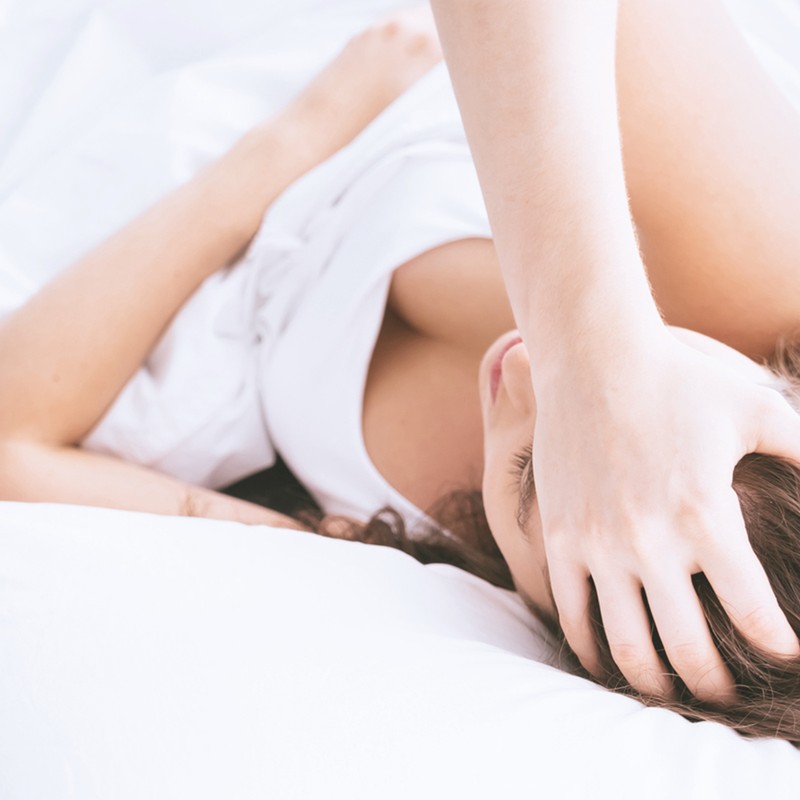
An Expert’s Guide To Dealing With A Hangover
BEFORE DRINKING
Always Line Your Stomach
You’ve heard it before but drinking on an empty stomach means alcohol enters your bloodstream quicker, whereas food slows things down and gives your body time to process the alcohol. “The right combination of fat, carbohydrates and protein before drinking can really help prevent a hangover,” says nutritionist and founder of clinical supplement brand Inessa, Aliza Marogy. “Without food to line your stomach, alcohol is moved from the stomach through to the small intestine more quickly, leading to a more rapid rise in blood levels of alcohol. If you start drinking without any food in your stomach, chances are you’ll feel terrible the following morning. Start your evening off with a balanced meal containing all three macronutrients – a bowl of pasta with some protein in the sauce and drizzled with plenty of olive oil is ideal pre-booze food.”
Take A Supplement
While there’s no magic way to prevent a hangover, taking a supplement in the run-up to a particularly boozy event can help. “One to try is globe artichoke extract,” says nutritionist Rob Hobson. “This supplement stimulates bile production and can help relieve bloating and other symptoms of indigestion associated with alcohol consumption.” Milk thistle, meanwhile, can also help support the liver by helping break down alcohol and toxins.
DURING THE EVENT
Alternate With Water
Despite the number of times you’ve likely heard this advice, how often have you actually had a glass of water in between each glass of wine? “Dehydration caused by alcohol can make you feel terrible,” says Rob. “Alcohol blocks the release of vasopressin, a hormone that helps your body retain water. Alternating alcoholic drinks with a glass of water may sound boring, but it works and will keep that headache at bay.” Remember too that the strength of your drink matters. Swap a large glass of wine for a smaller size or mix with soda water, or go for a single over double measure.
Go Easy On Dark Drinks
Dark drinks are believed to be the worst for hangovers thanks to their concentration of congeners. “According to research, whisky and red wine are the worst offenders,” says Rob. “One of the reasons why congeners leave us feeling more hungover is because breaking them down competes with the breakdown of ethanol in the body. This means that alcohol and its by-products are left to hang around in the body, making the symptoms of a hangover more severe.” Instead, stick to clear spirits like vodka and tequila where you can.
Don’t Fall For Organic Options
It can be tempting to think that a wine labelled as organic or natural is better for you and will save your head the following day, but Sophie Matsell, nutritionist at Ancient & Brave, says that consuming any amount of alcohol in excess, no matter how organic it is, will still result in a hangover. “However, if you are sensitive to sulphites, which are added to wine to prevent spoilage and enhance ageing potential, then drinking an organic wine will make you less susceptible to a reaction. Nonetheless, there is no direct link to say sulphite-free wine equals no hangover.”
BEFORE BED
Have A Snack
A late-night trip to the Golden Arches may be appealing after one too many, but your body will thank you in the morning for eating something less greasy. “If you’ve had too much to drink, eating something before bed can make a difference to how you feel the following morning,” says Aliza. “It will help balance your blood sugar levels and improve sleep. But it doesn’t have to be much – a banana or a slice of toast with nut butter will suffice.”
Skip The Paracetamol
Experts agree it’s an old wives’ tale that popping a couple of paracetamol before bed can stave off a sore head. “Don’t take painkillers before they are actually needed, as your body and liver are already working hard to process and get rid of excess alcohol. If you do need to take a painkiller, do so in the morning and with plenty of water,” says nutritionist and founder of GP Nutrition, Gabriela Peacock. Dr Frederica Amati, chief nutrition scientist for Indi Supplements, adds that you should never take paracetamol with caffeine, either. “Coffee, paracetamol and alcohol together make a very harmful mix for your liver,” she warns.
THE MORNING AFTER
Avoid A Fry-Up
Experts agree there’s no convincing evidence to suggest fat does anything to help a hangover. In fact, research shows it’s more likely to be the carbs from the bread and baked beans, rather than the grease, that alleviates symptoms. “Your body actually craves fat when you’ve been drinking because of hormonal disruption,” explains Gabriela. “While a full English can be tempting, you’re better off consuming a balanced meal of healthy fats and wholegrain carbs to balance blood sugar. Eggs, avocado, nut butter and wholegrain or rye toast are all fantastic ways to quell the craving without the midday crash of a greasy white bread fry up.”
Pack In The Electrolytes
If your head is pounding, replacing lost electrolytes is a good place to start. “Taking an electrolyte sachet, such as Diarolyte, dissolved in water is a great idea,” stresses Aliza. “These contain electrolytes such as potassium and sodium, which help maintain fluid balance in the body. They are also a very good option if you have experienced vomiting or diarrhoea as a result of your alcohol intake.” If you’re not a fan of the taste of Diarolyte, try coconut water, which is rich in potassium and just as hydrating.
Eat Eggs
Alcohol lowers blood sugar, which can leave you feeling shaky and dizzy the following morning. Eggs contain cysteine, a type of protein that supports your liver in breaking down alcohol and hangover-causing toxins. “If you’re feeling rough the next morning, some boiled eggs with white toast will work wonders,” Rob advises.
Go Green
A bowl of steamed kale might not be the most appealing when you’re hungover, but dark green, leafy vegetables, as well as cruciferous veg such as broccoli and cauliflower help the liver produce detoxifying enzymes. “Try some wholegrain toast with eggs and steamed greens, pasta with spinach, olive oil and parmesan or a simple vegetable broth,” suggests Federica.
Avoid Caffeine
A strong cup of coffee may seem like a good idea, but it will leave you feeling jittery and could be a recipe for disaster if you have a sensitive stomach. The same goes for energy drinks, says Rob, which tend to be loaded with sugar. “Team the caffeine with the sugar rush and it could leave you feeling very wired, meaning you’re more likely to feel the after-effects of sugar as you crash, even more so if drunk on an empty stomach.”
Take A Nap
If time allows, your body will thank you for an extra hour of sleep. “Although alcohol acts as a sedative and can help you fall asleep quickly, it affects the quality of your sleep,” Aliza explains. “Alcohol disrupts your sleep cycles, which means that even if you think you’ve had a solid sleep, you won’t wake up feeling restored as alcohol prevents your body from entering the REM stage of sleep, which is the most restorative.” If you can take a short nap, you’ll reap the benefits and feel instantly better.
Have An SOS Plan
“If you’ve woken up feeling rotten, the first thing you should do is rehydrate,” says Aliza. “If you can stomach it, eating something will help, and then aim to eat well throughout the day – lots of nutrient-rich fruit and vegetables and complex carbohydrates can all help. If, however, your tummy is feeling sensitive, toast, soups and broths will nourish the body.” If you’re struggling to keep anything down, Rob recommends eating some dried toast. “Bread is rich in carbs, which supply the body with an immediate source of energy. White bread may also be easier to digest and cause less irritation to a sensitive gut.”
Shop our edit...
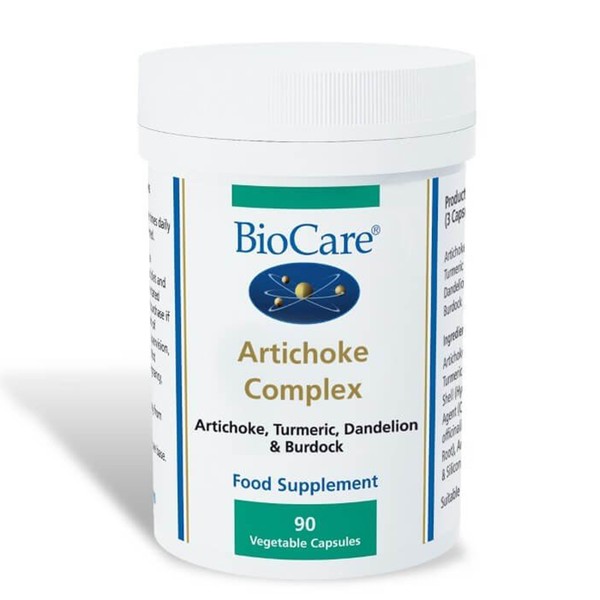
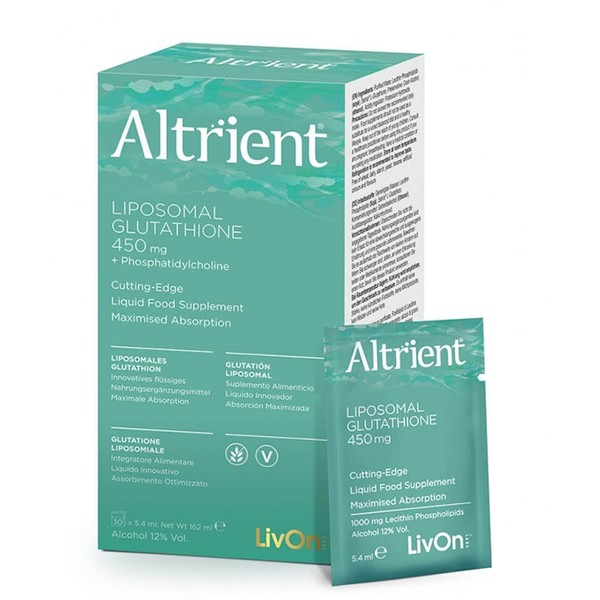
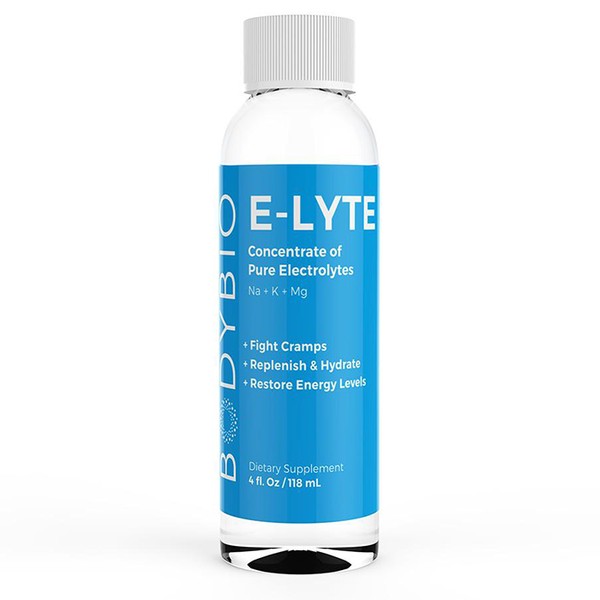
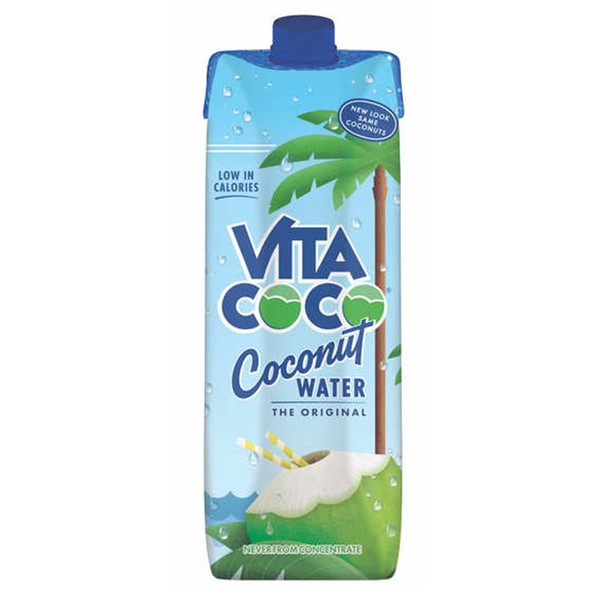
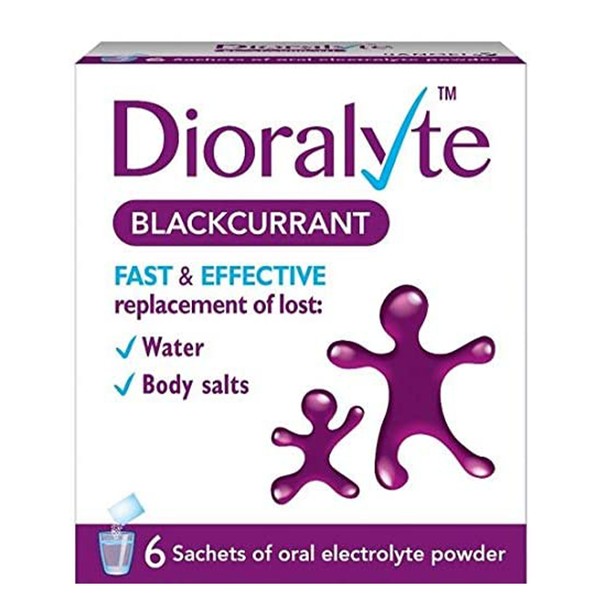
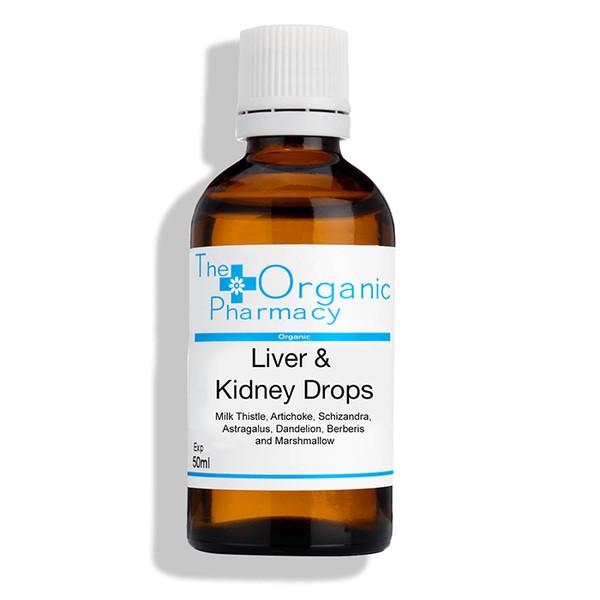
For more information visit RobHobson.co.uk, AncientAndBrave.earth, InessaWellness.com and GPNutrition.com
DISCLAIMER: Features published by SheerLuxe are not intended to treat, diagnose, cure or prevent any disease. Always seek the advice of your GP or another qualified healthcare provider for any questions you have regarding a medical condition, and before undertaking any diet, exercise or other health-related programme.
DISCLAIMER: We endeavour to always credit the correct original source of every image we use. If you think a credit may be incorrect, please contact us at info@sheerluxe.com.

